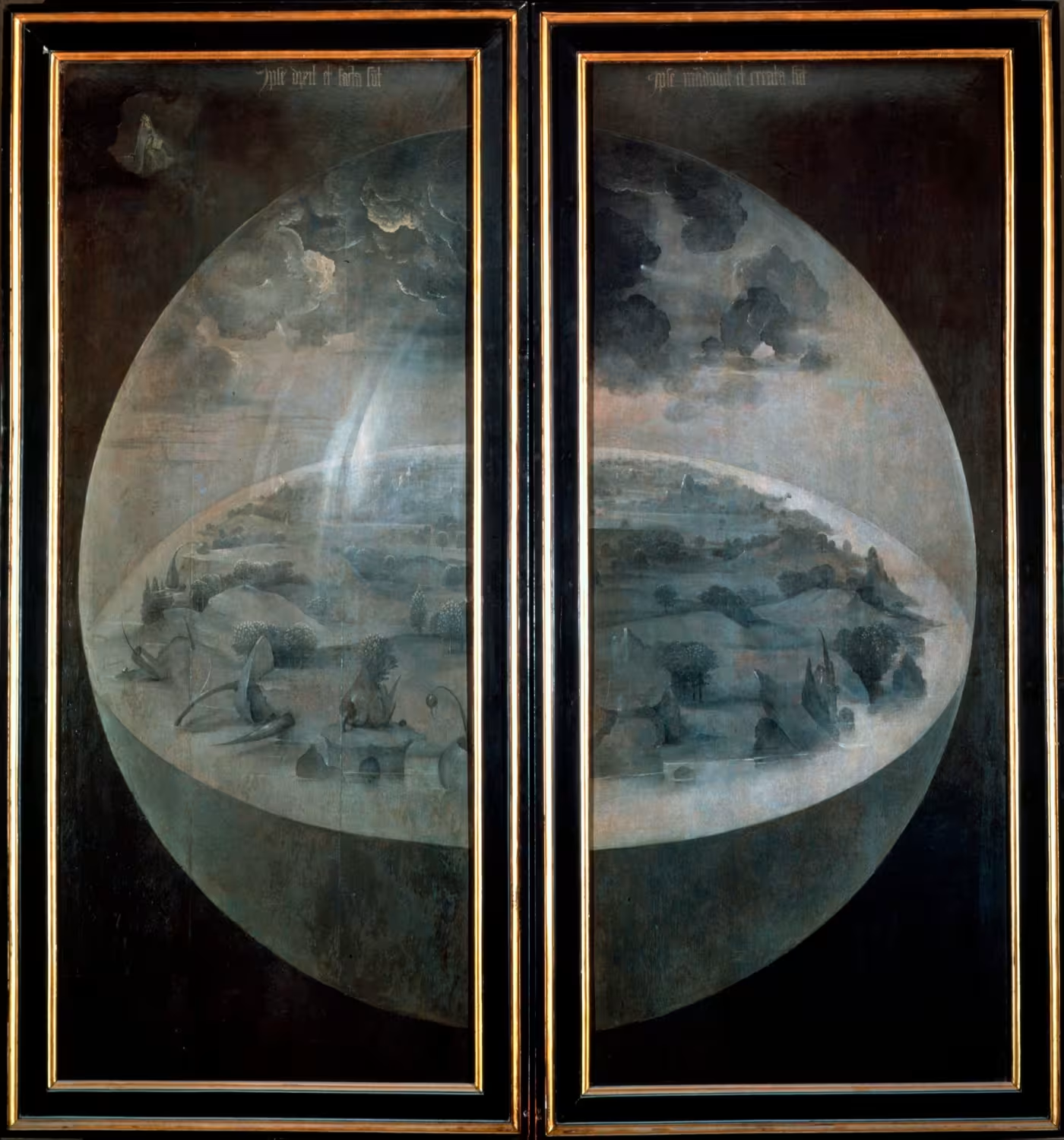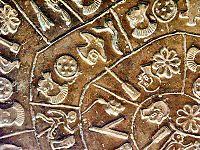Reading Genesis: book review

Marilynne Robinson, Reading Genesis, London: Virago, 2024.
Can the writer of this very closely-argued, scholarly study be the same Marilynne Robinson we’ve some to know and, at least in my own case, to profoundly admire? Can a mind capable of inventing worlds of people with passionate beliefs, histories, strengths and failings also be capable of analysing a sacred text, taking historical context into account without compromising her own position as a contemporary reader — and Christian?
For some readers, perhaps, scholarly writing and fiction are so categorically different as to make it seem unlikely that the same person could do both. The term “scholarly” itself may suggest, in addition to depth and precision in the use of source material, a kind of writing that does not fabricate or fictionalise, but is rather committed to historical accuracy. There are , accordingly, readers who “hear” two different voices in Robinson’s work, one in her fiction and another in her non-fiction, and who imply that the novelist — the inventor of word worlds — would not have read Genesis as Robinson has in this book.
I am not such a reader. Writers of “scholarly” books need not be, I suspect cannot be detached from the objects of their study — any more than physicists can be “detached” from the events they measure. Those who try to draw a firm boundary between fiction and non-fiction will find themselves having to declare a difference and defend it, with difficulty and controversy. I’m celebrating Reading Genesis as evidence that at last a writer, a person whose life and work is profoundly entangled with texts, has written her reading of Genesis. And this text, with all its undoubted power — remains a text in her reading. Robinson calmly and, to my mind convincingly, discusses the matter of human and divine authorship. She reads evidence of human authorship in the text itself (acknowledging that other readers may not.). She occasionally suggests that a group of rabis, learned, responsible figures, may have met over distances and considerable time, drawing on available models, on one another, on events of the moment, sudden insights, on their shared sense of mystery and their conviction that it somehow ought to be written.
For me, this was very clearly a writer’s reading. She insists, for example, on reading the text as a whole, arguing that our habit of reading and commenting on very small pieces of Scripture, taken out of context, inevitably obscures the larger shapes, themes, that tie the whole together. Further, she points out moments of a particular pattern of events resonating further, through the Old Testament, or sometimes through the Scriptures as a whole. She draws coherent portraits of, say, the patriarchs, noticing distinct features, noticing how they change over time, and, importantly, noticing particularities about one figure’s relationship to God.
The Bible is a text. It is written. That is what has always been its power, and Robinson has done no more or less than to say it as only she can, clearly and masterfully.


